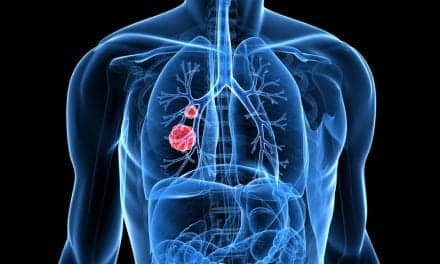Scientists have discovered a protein that appears to be more accurate at detecting non-small cell lung cancer than the methods currently available for screening.
With the positive results of this study, Huang said that Wistar will conduct a larger study with a goal of analyzing at least 800 samples. Multiple hospitals have agreed to provide blood samples for analysis to Wistar for this next study.
“Qihong and his colleagues have found a target that could result in a more accurate test than any method that’s been used to screen for non-small cell lung cancer to date,” said Dario C. Altieri, MD, President and CEO of The Wistar Institute and director of Wistar’s Cancer Center. “With the government recommending annual screening for high-risk populations, the identification of a promising target like AKAP4 comes at a critical time. Early detection is needed in order to have a meaningful impact on this devastating disease.”
This is the second time Wistar has identified a potential method for creating a blood test to screen for lung cancer. Researchers at the Institute are also currently analyzing more than 600 blood samples to develop a blood test that identifies a 29-gene “signature” that distinguishes patients with NSCLC from those without the disease. Positive interim data for this test was recently presented at the American Thoracic Society International Conference.










